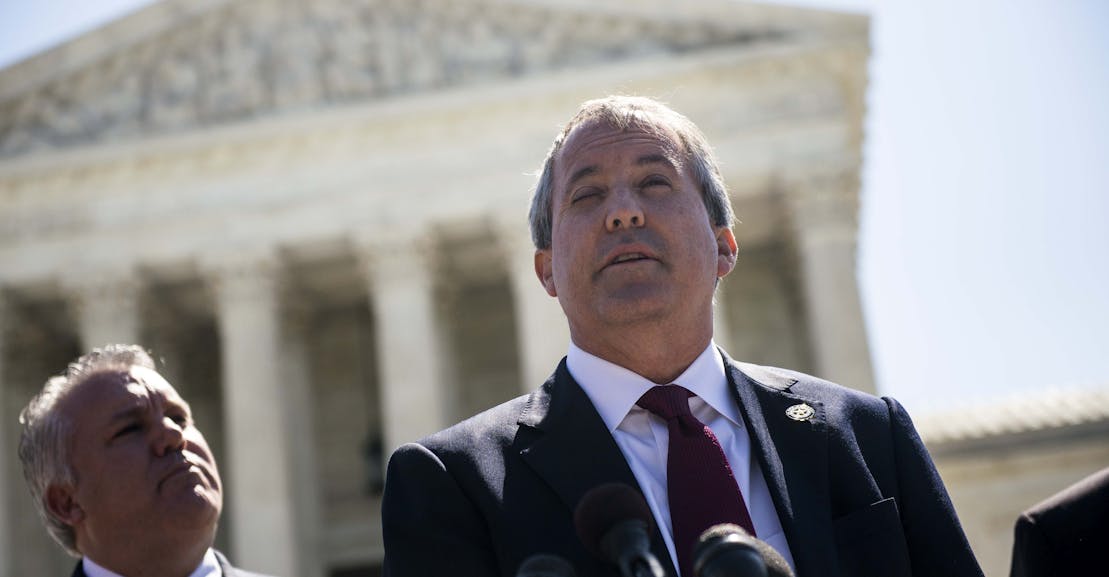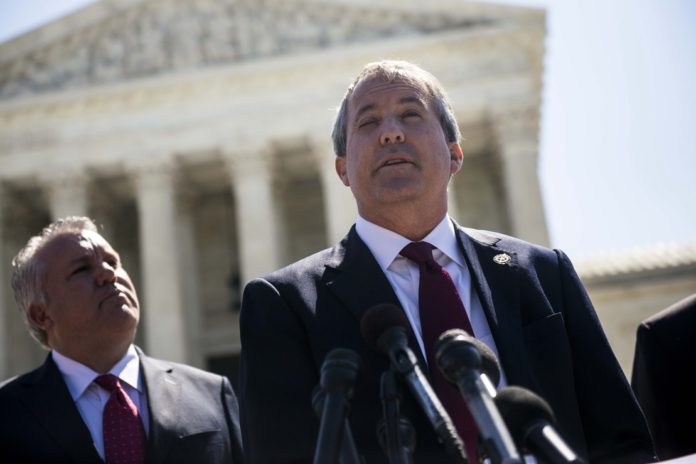
That distinction matters when it comes to whether the Supreme Court should take up this dispute at all. Original-jurisdiction cases are rare in part because they are a drastic and heavy-handed intervention in the states’ internal affairs by the court. California argued that such an intervention was not warranted here. “States in our Union often disagree, sometimes vigorously,” California told the justices. “Neither California nor Texas can make the other conform to its preferred policy views. But each is surely entitled to criticize and decline to subsidize the other’s contrary policies. That is not an ‘attack on federalism.’ It is federalism in operation.”
And despite Texas’s claims of coercion by California, California argued that Texas was effectively trying to “constrain California’s autonomy over decisions regarding how to spend its own funds,” which California described as a “core aspect of its sovereignty.” This interpretation of Texas’s actions has been strongly validated by later events. Six months after these briefs were submitted, Texas asked the Supreme Court to throw out the presidential election results in six other states because Donald Trump had lost. What greater infringement of another state’s sovereignty could there be than that?
If the justices are reluctant to take up this case, California offered a few procedural off-ramps. The Supreme Court has previously held, for instance, that the Privileges and Immunities Clause and the Equal Protection Clause “protect people, not states.” Most of Texas’s purported injuries at the hands of A.B. 1887 are actually injuries to private actors like restaurants and hotels, and not injuries to the state itself. Those companies, California noted, could potentially challenge A.B. 1887 in court on interstate-commerce grounds or sue state officials for implementing it.
Texas has had a powerful friend in this matter before the Supreme Court: the Trump administration. After the court asked for the Justice Department’s views on the matter last fall, Acting Solicitor General Jeffrey Wall filed a brief in December in favor of Texas’s position. He avoided some of the less persuasive aspects of Texas’s argument, such as the allegations of religious animus by California. But he underscored the central claim of coercion against Texas.







